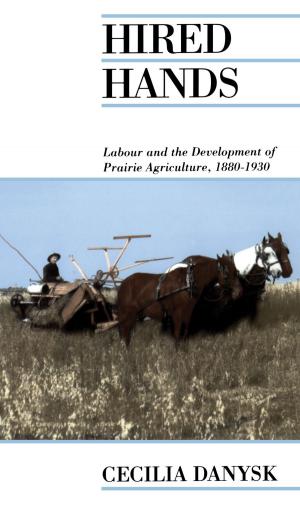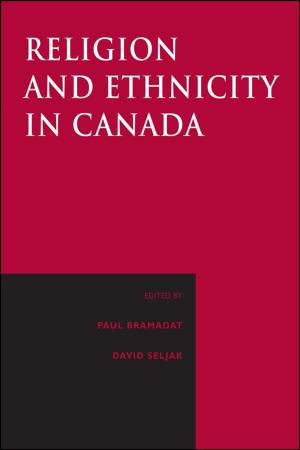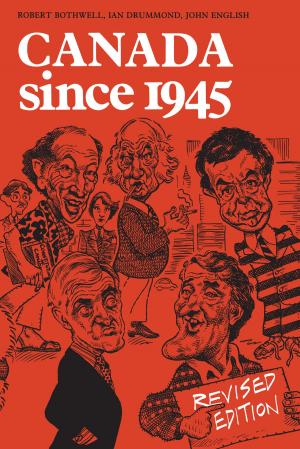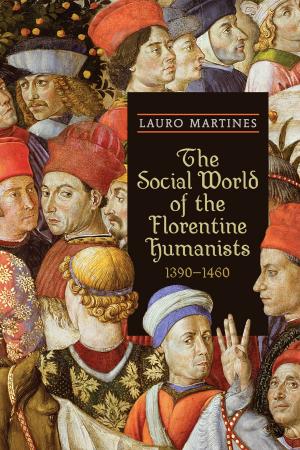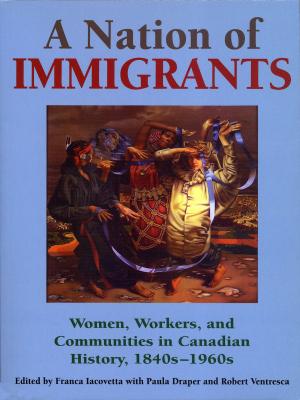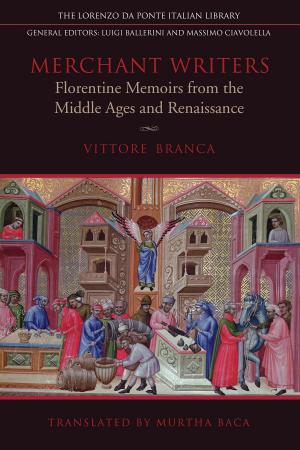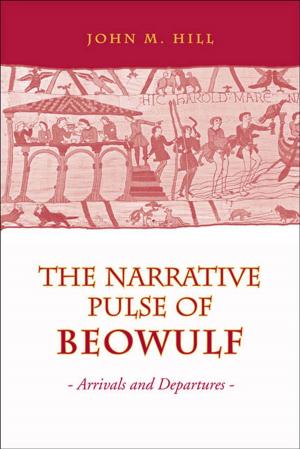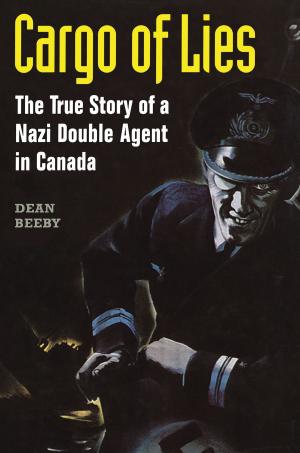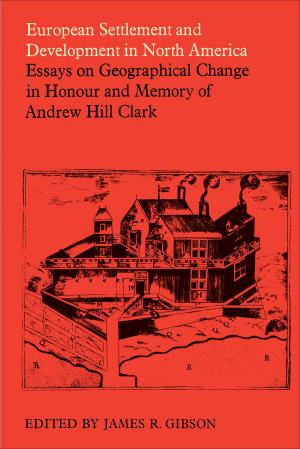Priests and Politicians
Manitoba Schools and the Election of 1896
Nonfiction, Reference & Language, Education & Teaching, History, Canada, Religion & Spirituality, Christianity, Church, Church History| Author: | Paul Crunican | ISBN: | 9781442637917 |
| Publisher: | University of Toronto Press, Scholarly Publishing Division | Publication: | December 15, 1974 |
| Imprint: | Language: | English |
| Author: | Paul Crunican |
| ISBN: | 9781442637917 |
| Publisher: | University of Toronto Press, Scholarly Publishing Division |
| Publication: | December 15, 1974 |
| Imprint: | |
| Language: | English |
In the decade beginning with the hanging of Louis Riel in 1885, a series of radical and religious conflicts shook Canada, culminating in the Manitoba school crisis of the 1890s. By 1896, the focal point of the controversy was remedialism, the attempt to have Roman Catholic school privileges in Manitoba restored by federal action against the provincial government. The struggle over remedialism involved nearly every aspect of Canada's internal history – Conservative-Liberal, federal-provincial, east-west, French-English, Catholic-Protestant, church-state. But, illustrating as it does the complexity and sensitivity of the ground where politics and religion meet, the election of 1896 has remained particularly fascinating for the degree to which Roman Catholic church authorities, above all in Quebec, entered the political process and were involved in the struggle to power of Wilfrid Laurier.
The school question and the struggle over remedialism present an illuminating case study of complex relations at a formative period in Canadian history. This book focuses on the scene behind the scene, seeking in particular to discover how Quebeckers, civil and ecclesiastical, were reacting to a key problem of French and Catholic rights outside Quebec. There is a strong emphasis on personal correspondence, rather than on published statements, and the author has marshalled a wide range of material that has never been fully exploited. The story is told chronologically in order to assess the impact of major events as it developed. Many of the classic questions of church-state relations are brought into focus.
This is a story often of fear, prejudice, and ignorance, but it is also a story of strength and resilience, principle and faith. Uniquely Canadian, it tells us something important about the shift from the Canada of Macdonald to the Canada of Laurier.
In the decade beginning with the hanging of Louis Riel in 1885, a series of radical and religious conflicts shook Canada, culminating in the Manitoba school crisis of the 1890s. By 1896, the focal point of the controversy was remedialism, the attempt to have Roman Catholic school privileges in Manitoba restored by federal action against the provincial government. The struggle over remedialism involved nearly every aspect of Canada's internal history – Conservative-Liberal, federal-provincial, east-west, French-English, Catholic-Protestant, church-state. But, illustrating as it does the complexity and sensitivity of the ground where politics and religion meet, the election of 1896 has remained particularly fascinating for the degree to which Roman Catholic church authorities, above all in Quebec, entered the political process and were involved in the struggle to power of Wilfrid Laurier.
The school question and the struggle over remedialism present an illuminating case study of complex relations at a formative period in Canadian history. This book focuses on the scene behind the scene, seeking in particular to discover how Quebeckers, civil and ecclesiastical, were reacting to a key problem of French and Catholic rights outside Quebec. There is a strong emphasis on personal correspondence, rather than on published statements, and the author has marshalled a wide range of material that has never been fully exploited. The story is told chronologically in order to assess the impact of major events as it developed. Many of the classic questions of church-state relations are brought into focus.
This is a story often of fear, prejudice, and ignorance, but it is also a story of strength and resilience, principle and faith. Uniquely Canadian, it tells us something important about the shift from the Canada of Macdonald to the Canada of Laurier.



